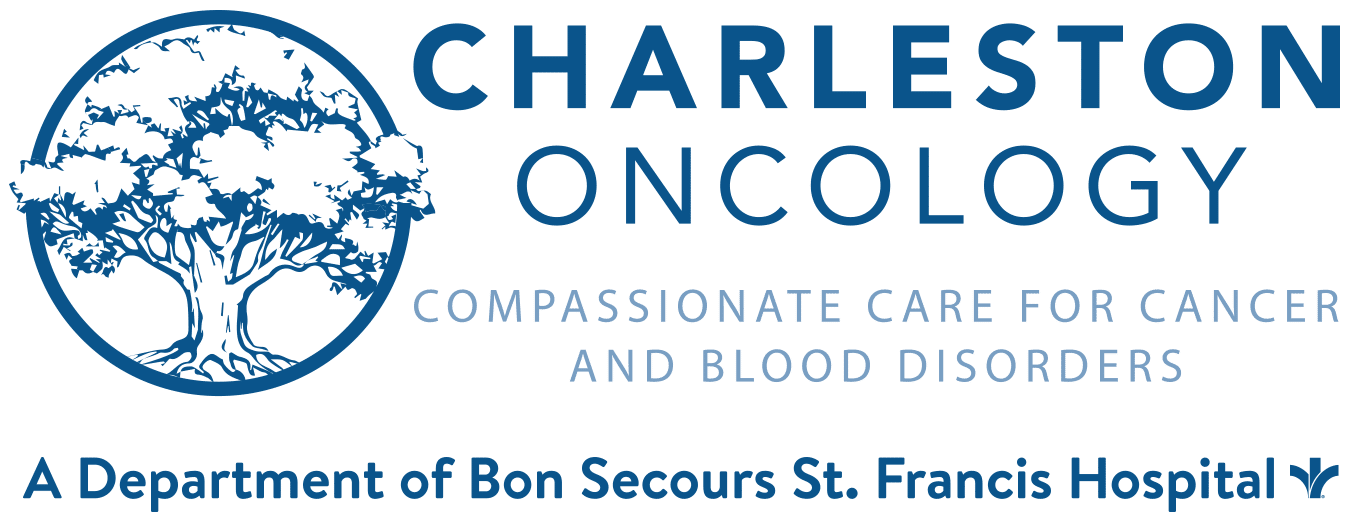Bone Cancers
As the name implies, bone cancer affects the bones in your body, but it’s a relatively rare form of cancer, accounting for less than 1% of all cancer diagnoses. If you’re among this small number, you want to get the best treatment available, which the team at Charleston Oncology provides. Through innovative clinical trials and targeted therapies, the doctors offer comprehensive diagnosis and treatment to patients.

Bone Cancers Q & A
What are the main types of bone cancer?
Bone cancer can strike any bone in your body, but it most commonly develops in your larger bones, including your:
- Pelvis
- Arms
- Legs
- Ankles
Bone cancers can be benign, resulting in a tumor in your bone that doesn’t spread, or malignant, which has the potential to spread. These malignant cancers include:
Osteosarcoma
The most common form of bone cancer, osteosarcoma starts in your bone cells and often strikes children and young adults, as well as older adults in their 60s and 70s.
Chondrosarcoma
This type of bone cancer affects the cells in your cartilage. Often, the tumors that develop in your cartilage are benign, but chondrosarcoma is a malignant tumor that needs to be treated.
Ewing sarcoma
This form of bone cancer most often affects people under the age of 20 and typically develops in your pelvis, chest, or the long bones of your arms and legs.
How are bone cancers diagnosed?
How are bone cancers treated?
- Chemotherapy
- Immunotherapy
- Radiation therapy
- Clinical trials
- Surgery
Send UsA Message
Welcome Social Worker Elizabeth Robinson
Possessing the values of acceptance, tolerance, and genuine care, Liz is an embodiment of the field of Social Work. “I could not imagine my life without Social Work in it. It’s part of who I am,” shared Liz.
The Importance of Colorectal Cancer Screening
This Colorectal Cancer Awareness Month, Charleston Oncology joins the national effort to spread awareness about the disease and the importance of regular screenings.


